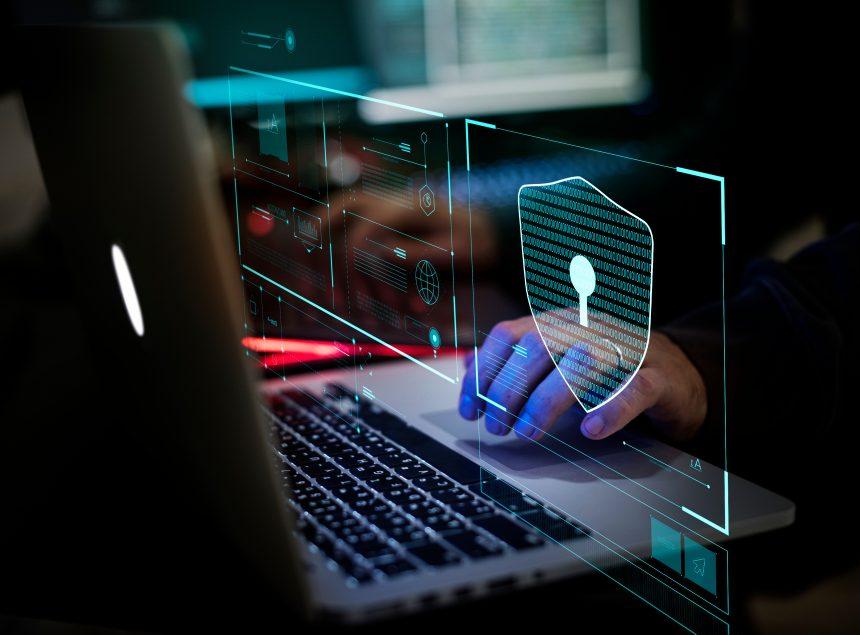The emergence of the Waltuhium Stealer malware has raised significant concerns among cybersecurity experts. This insidious threat operates stealthily, compromising the security of individuals and organizations alike. Understanding its actions, consequences, and effective removal methods is crucial in safeguarding against its detrimental effects.
Overview of Waltuhium Stealer
Waltuhium Stealer is a sophisticated malware variant designed to infiltrate systems discreetly, primarily targeting sensitive information such as login credentials, financial data, and personal information. Once installed on a victim’s system, this malware operates in the background, silently exfiltrating valuable data to remote servers controlled by cybercriminals.
The actions of Waltuhium Stealer can have severe consequences for its victims. By harvesting sensitive information, it compromises the privacy and security of individuals and organizations, leading to potential financial losses, identity theft, and reputational damage. Furthermore, the malware’s covert nature makes detection and removal challenging, exacerbating the risk of prolonged exposure to its malicious activities.
Detection Names and Similar Threats
Waltuhium Stealer may be detected by various antivirus and cybersecurity solutions under different names, including but not limited to:
- Trojan:Win32/WaltuhiumStealer
- Malware.Generic
- Backdoor.Waltuhium
- Win32/Waltuhium.A
Similar threats to Waltuhium Stealer include data-stealing malware such as:
- LokiBot
- Azorult
- FormBook
- Predator the Thief
Removal Guide
Effective removal of Waltuhium Stealer requires a comprehensive approach to ensure complete eradication from the infected system. Follow these steps carefully:
- Disconnect from the Internet: Severing the connection to the Internet prevents the malware from communicating with its remote servers, limiting its ability to exfiltrate data or receive commands from cybercriminals.
- Enter Safe Mode: Restart the infected system and enter Safe Mode to prevent the malware from running automatically with system startup.
- Identify Malicious Processes: Use Task Manager (Ctrl+Shift+Esc) to identify any suspicious processes running on the system. Look for unfamiliar or resource-intensive processes that may indicate the presence of Waltuhium Stealer.
- Terminate Malicious Processes: Once identified, terminate the malicious processes to halt the malware’s activity temporarily.
- Delete Malicious Files: Navigate to the directories where the malware is known to reside and delete all associated files and folders. Be cautious not to delete essential system files.
- Clear Registry Entries: Use the Registry Editor (regedit) to remove any malicious entries added by Waltuhium Stealer from the Windows registry. Exercise caution to avoid unintentional changes to critical system settings.
- Update Security Software: Ensure your antivirus and cybersecurity software is up-to-date and perform a full system scan to detect and remove any remaining traces of the malware.
- Reboot the System: After completing the removal process, reboot the system into normal mode and monitor for any signs of persistent infection.
Preventative Measures
To mitigate the risk of future infections by Waltuhium Stealer and similar threats, adhere to these best practices:
- Keep Software Updated: Regularly update operating systems, software applications, and antivirus definitions to patch known vulnerabilities and strengthen security defenses.
- Exercise Caution Online: Avoid clicking on suspicious links, downloading files from untrusted sources, or opening email attachments from unknown senders.
- Implement Firewall Protection: Enable and configure firewalls to monitor and control incoming and outgoing network traffic, blocking unauthorized access attempts.
- Employ Behavior-Based Detection: Utilize cybersecurity solutions that employ behavior-based detection techniques to identify and mitigate emerging threats based on their actions rather than relying solely on signature-based detection.
Conclusion
Waltuhium Stealer represents a significant threat to the cybersecurity landscape, posing severe consequences for its victims. By understanding its actions, consequences, and employing effective removal methods and preventative measures, individuals and organizations can bolster their defenses against this insidious malware.





